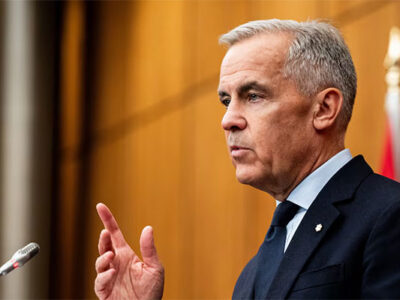Isreal — Following a meeting with representatives of Greenpeace Israel, Finance Ministry officials pledged on Sunday to reevaluate certain barriers blocking the solar energy industry’s advancement.
Finance Ministry director- general Shai Babad held the meeting with Greenpeace representatives, who presented reforms they felt could revolutionize the field and generate profits to private citizens, a joint statement from the ministry and the organization said. After the meeting, officials declared their intentions to examine the existing obstacles in the sector.
“The issue of green energy is important on both an environmental protection level and an economic level of savings in energy,” Babad said. “The Finance Ministry intends to continue working toward the further removal of barriers.”
For two years already, regulations have existed for a “net meter” system, enabling the production of electricity for self-consumption at a uniform tariff as well as the sales of excess electricity to the national grid. Nonetheless, the government has not yet succeeded in applying this system to private domestic consumers, the ministry acknowledged.
By September 1, the ministry explained, a new net meter regulation should come into effect, which will simplify the process.
In addition to advancing this regulation, the Finance Ministry said it is continuing to promote a number of other changes.
One such improvement would be a bill to grant permanent tax exemption for income generated through household solar energy production – a bill that already received approval from the Ministerial Committee on Legislation on July 19, the ministry said.
A second change would be regulations to provide VAT exemptions to electricity producers, while a third would involve determining property tax rates for renewable energy producers, the ministry said.
Last week, the Society for the Protection of Nature in Israel sent a letter to the Finance Ministry and other authorities demanding government ministers approve such property tax regulations – which would provide exemptions for small rooftop solar panel installations, and a uniform list of tax rates for larger rooftop and ground facilities. This letter followed up on similar demands made by Knesset Finance Committee chairman Moshe Gafni (United Torah Judaism).
On Sunday, the Finance Ministry said that advancing such regulations would significantly lower the property tax rates charged by local authorities.
Greenpeace welcomed the Finance Ministry’s cooperation, stressing that in parallel with passing regulations, it is crucial to promote financing solutions so more households can access clean and affordable energy.
“We offered the Finance Ministry director-general the next revolution, the solar revolution that will yield a net gain for all of us,” said Jonathan Aikhenbaum, the campaign director for Greenpeace Israel. “We are excited about the director-general’s willingness to examine the issue, and we intend to keep ensuring that the positive signal from the Treasury will be translated into real steps.”














Comments